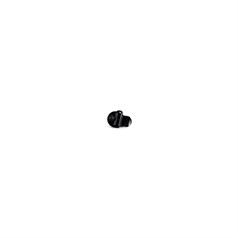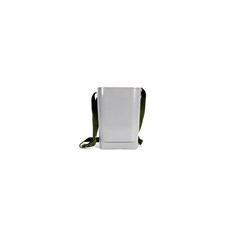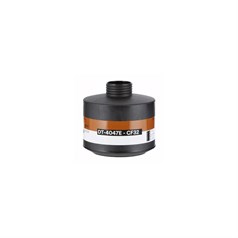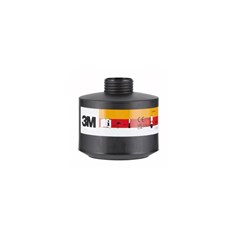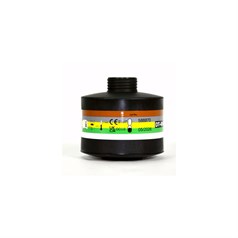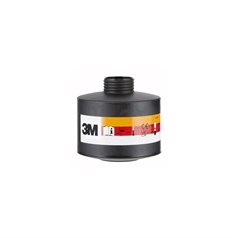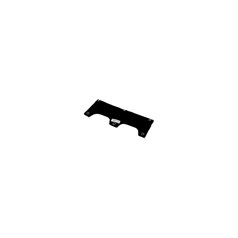- Home
- Ppe and Sanitizing Equipment
- Face Masks & Shields
Face Masks & Shields
Face masks are a type of personal protective equipment (PPE) that covers the nose and mouth of the wearer. They are made of breathable fabric and can filter out small particles in the air. Wearing face masks helps to reduce the spread of airbourne pathogens and other aerosolized contaminants.
A face shield is another type of PPE. It is made of a clear plastic sheet that is attached to a headband, covering the face of the wearer in its entirety. Face shields are worn by people who work with hazardous materials to protect their eyes, nose and mouth from sprays and splashes. They are also used in healthcare settings to prevent infections.
Conro offers a wide choice of face masks, shields and visors from major manufacturers such as 3M.
Conro is an authorized distributor for 3M.
Types of face masks
The most common types of face masks available are:
- Surgical masks. Rectangular shaped and pleated, they are composed of three layers of polypropylene (3PLY) between non-woven fabric. Loose-fitting, they capture bodily fluids expelled by the wearer and protect them from large particles. However, surgical masks will not protect from smaller airbourne particles. They are disposable and intended for short-term use.
- FFP-standard masks. Tight-fitting masks that provide a facial seal. They are composed of three layers of synthetic non-woven materials, with filtration layers in-between. They offer a two-way protection, filtering both outflow and inflow of air. They are able to block smaller particles compared to a surgical mask. The most common FFP-standard masks are the FFP2. FFP2 masks offer a 95% aerosol filtration rate.
Advantages and disadvantages of face masks & shields
The main advantage of face shields is that they provide full coverage of the face. Unlike masks, they can protect the eyes of the wearer. This makes them ideal when working with chemicals and other hazardous materials. Face shields are also more comfortable to wear and easier to breathe in than a face mask.
However, face masks offer better protection from smaller particles. This is especially true for tight-fitting FFP-standard masks. Face shields have gaps on the sides and underneath that could let droplets through. When used as protection against germs, face shields are really effective only when worn with a properly fitted surgical or FFP-standard mask.




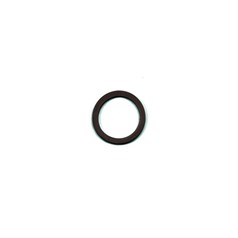
-Pack.jpg)
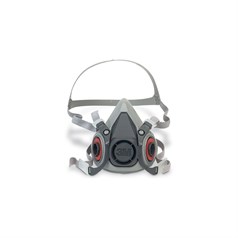
-Pack.jpg)
